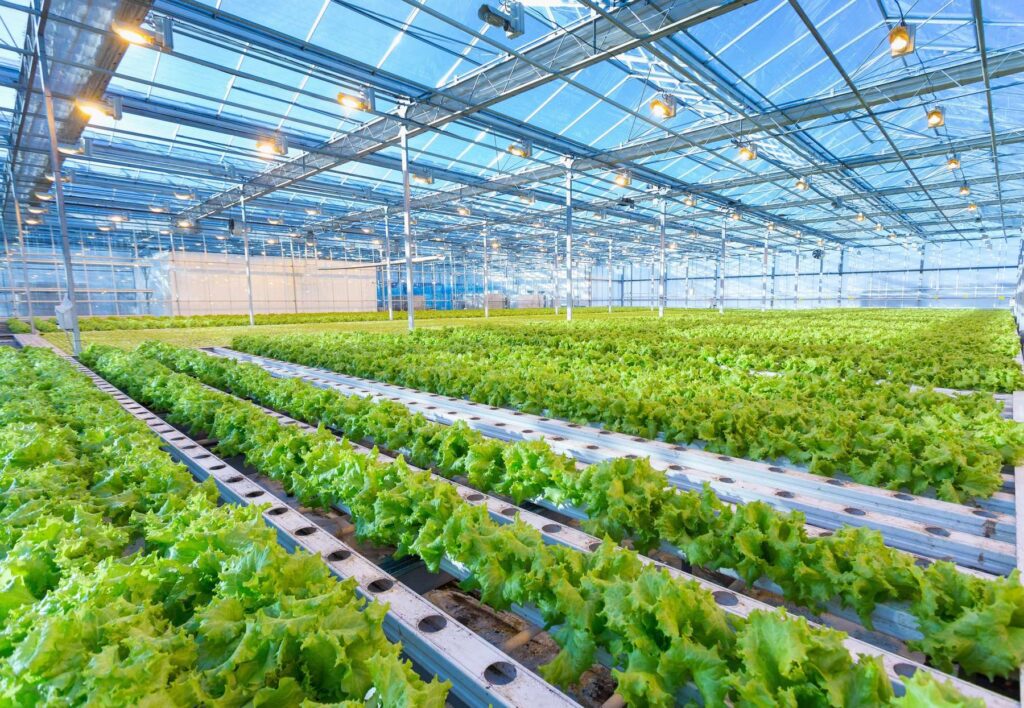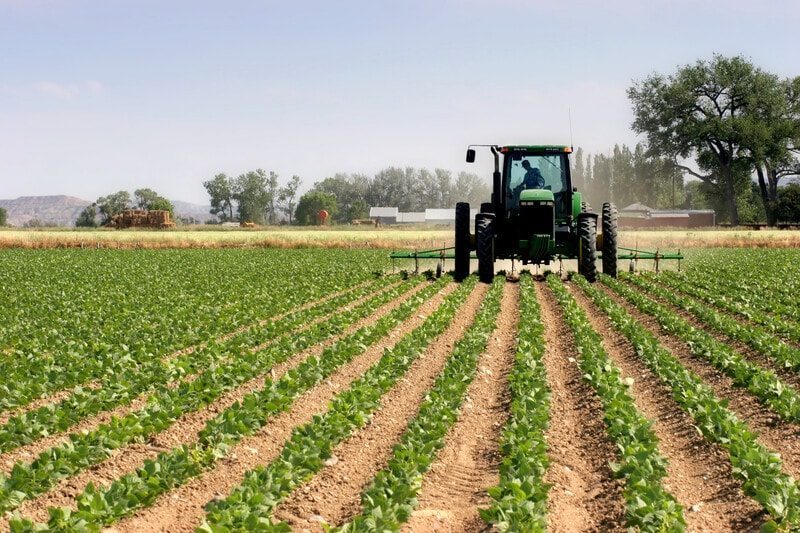
As we hurtle toward the end of 2025, Nigeria’s innovation ecosystem is buzzing with transformative energy. From the fertile fields of agritech to the cutting-edge frontiers of mental health AI, and the grassroots push for sustainable solutions, the nation is not just keeping pace, it’s setting the rhythm for Africa’s future. In this blog, we’ll dive into three game-changing developments that highlight how Nigerian ingenuity is tackling real world challenges head-on. Whether you’re a farmer eyeing drone tech, a health advocate seeking early interventions, or an entrepreneur dreaming of green prototypes, there’s inspiration here for everyone.

Agritech: From Soil to Sky-High Yields
Picture this: a farmer in Ogun State, smartphone in hand, directing a drone swarm to scan vast farmlands for nutrient deficiencies, all powered by AI that predicts the perfect planting window. This isn’t sci-fi—it’s the reality reshaping Nigeria’s agriculture sector today.
Agritech in Nigeria is on a meteoric rise, projected to hit $600 million by the end of 2025. This explosive growth is fueled by precision farming apps and mobile platforms that are revolutionizing yields through innovations like drone monitoring and AI-driven soil analytics. These tools aren’t just gadgets; they’re lifelines for smallholder farmers who make up over 80% of Nigeria’s agricultural workforce. By optimizing water usage, detecting pests early, and forecasting harvests with uncanny accuracy, agritech is bridging the gap between traditional farming and modern efficiency.
Take Hello Tractor, for instance—a Nigerian startup that’s gamifying tractor access via a mobile app, or Farmcrowdy, which crowdsources investments for rural farms. As climate change bites harder, these solutions are crucial for food security in a country where agriculture employs nearly 70% of the rural population. The payoff? Higher productivity, reduced waste, and a shot at doubling yields without expanding land use. If this trajectory holds, Nigeria could lead Africa’s green revolution by 2030.

Health: Predicting the Unpredictable with AI
Mental health in Nigeria has long been a silent crisis. With only one psychiatrist per million people and stigma keeping millions from seeking help, access to timely care feels like a distant dream. But what if we could spot depression brewing before it overwhelms? Enter Prof. Nchebe-Jah Iloanusi, a US-based Nigerian professor whose groundbreaking AI system is turning this “what if” into reality.
Unveiled just last month, Prof. Iloanusi’s innovation uses wearables to monitor physiological and speech biomarkers in real-time, flagging the onset of depression before clinical symptoms even surface. Imagine a smartwatch that doesn’t just count steps but whispers warnings about emotional dips—detecting subtle shifts in heart rate variability or vocal patterns that signal trouble ahead. This could be a game-changer for Nigeria, where depression affects over 7 million adults, yet mental health services reach fewer than 10% of those in need.
Prof. Iloanusi, a scholar with deep roots in computational neuroscience, developed the model by training AI on vast datasets of anonymized health signals. Early trials show promise in predictive accuracy, potentially slashing response times from months to minutes. For communities in Lagos or Kano, where therapy waitlists stretch endlessly, this tech democratizes prevention. It’s a reminder that Nigerian brains abroad aren’t just succeeding—they’re solving problems at home.
Sustainability: Fueling the Next Wave of Green Innovators
Innovation isn’t just about breakthroughs; it’s about building ecosystems where ideas can thrive sustainably. That’s the ethos behind NASENI’s #InnovateNaija Challenge, launched last month in partnership with AfriLabs , a powerhouse network of African tech hubs.
On September 4, 2025, at the GITEX Nigeria event, NASENI unveiled this ₦250 million juggernaut, Nigeria’s largest innovation challenge to date. Open to Nigerians aged 15–40, it dangles grants and mentorship for prototypes tackling pressing issues like climate resilience and resource efficiency. While the call is broad, the focus on sustainable solutions shines through: think solar-powered irrigation systems or biodegradable packaging from agro-waste.
Backed by presidential support and AfriLabs’ continental reach, the challenge aims to unearth 100+ prototypes, with top winners pocketing up to ₦100 million in funding. It’s more than cash—it’s a launchpad. Past AfriLabs initiatives have birthed unicorns like Flutterwave; #InnovateNaija could spawn the next wave of eco-entrepreneurs. Applications are rolling until early 2026, so if you’ve got a prototype gathering dust, this is your cue.